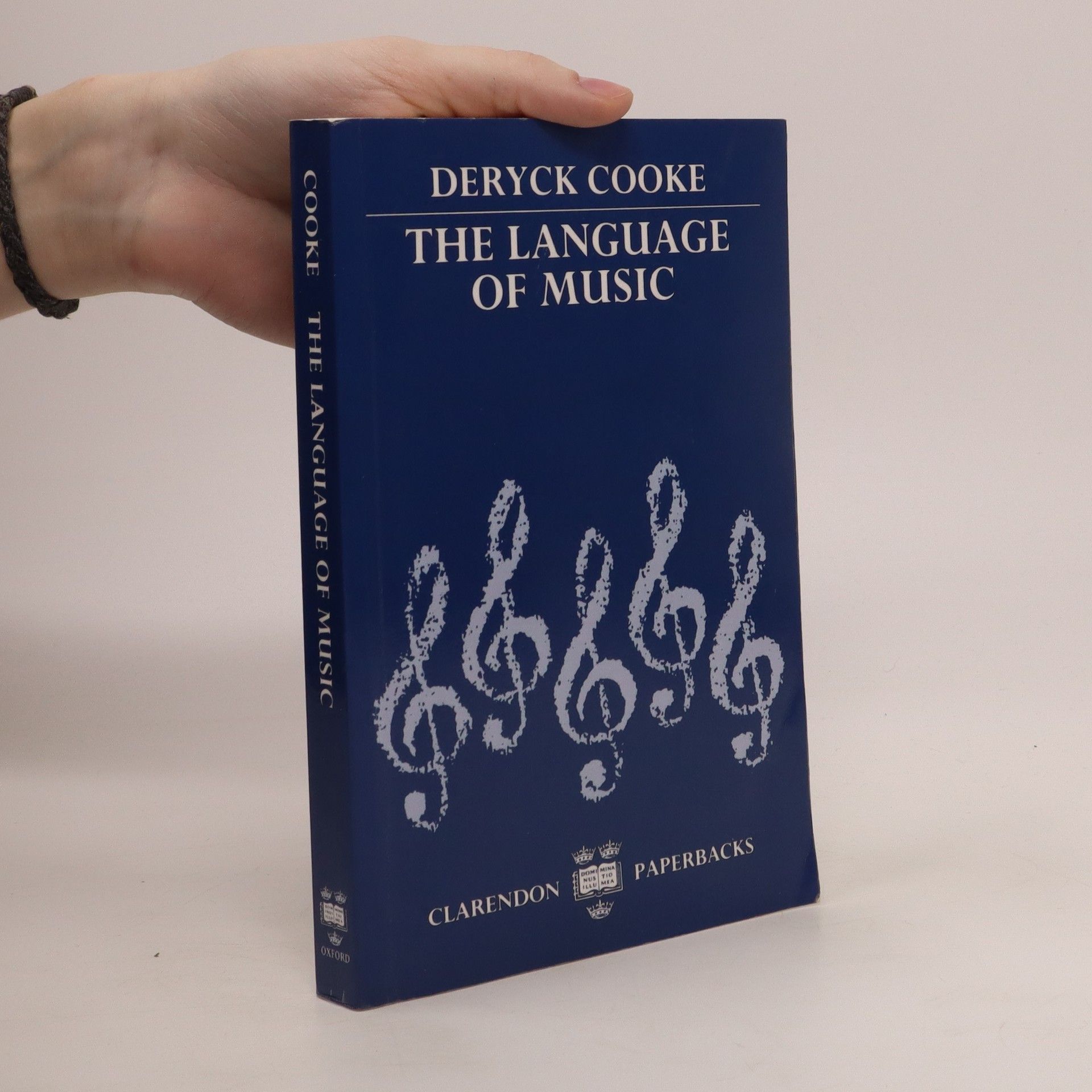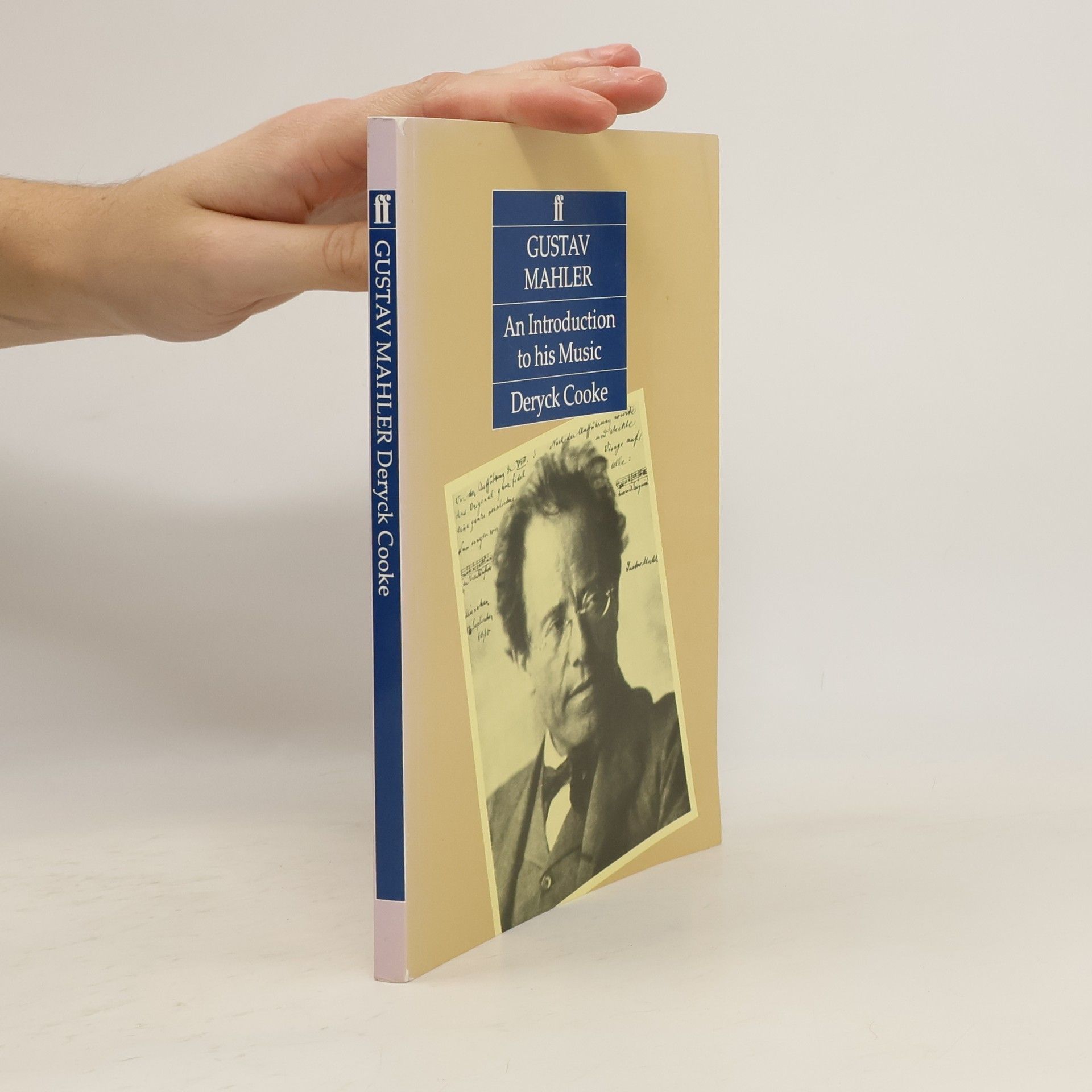Long considered a masterpiece, Wagner's Ring has baffled and confused critics because of the highly complex meaning of its text and music. The diverse range of commentaries written on the subject since the first performance over one hundred years ago reveals just how little critics have understood The Ring. Deryck Cooke displays his masterly common sense in this study of how and why The Ring took the shape it did. This volume represents only a portion of the enormous book he had planned--his untimely death prevented him from writing a full analysis of the music. Even as it stands, I Saw The World End will give fresh understanding and appreciation to every lover of Wagner's music.
Deryck Cooke Knihy



Originally published by Faber and Faber, this new edition is a one-volume study of Mahler by one of his most learned and enthusiastic devotees. Following Cooke's death, the manuscript was prepared by Colin and David Matthews who updated the text, taking into account recent Mahler research, and incorporating Cook's later writings on Mahler.
This important and controversial book has come to be regarded as a modern classic. Originally published in 1959, it has exerted a profound influence on all subsequent discussion in the field of musical aesthetics. The author's thesis is that the main characteristic of music is to express andevoke emotion, and that all composers whose music has a tonal basis have used the same, or closely similar, melodic phrases, harmonies, and rhythms to express and evoke the same emotions. He supports this view with numerous musical examples, varying from plainsong to Stravinsky. Based on thisevidence he argues that music is a language in the quite specific sense that idioms can be identified and a list of meanings compiled. While acknowledging that a 'dictionary' of the language of music cannot easily be provided, he attempts to supply what could at least be regarded as a 'phrase book'.The enlightening analysis of two complete symphonies by Mozart and Vaughan Williams demonstrates the expressive function of musical form, the latter being an element which the author considers inseparable from musical content.